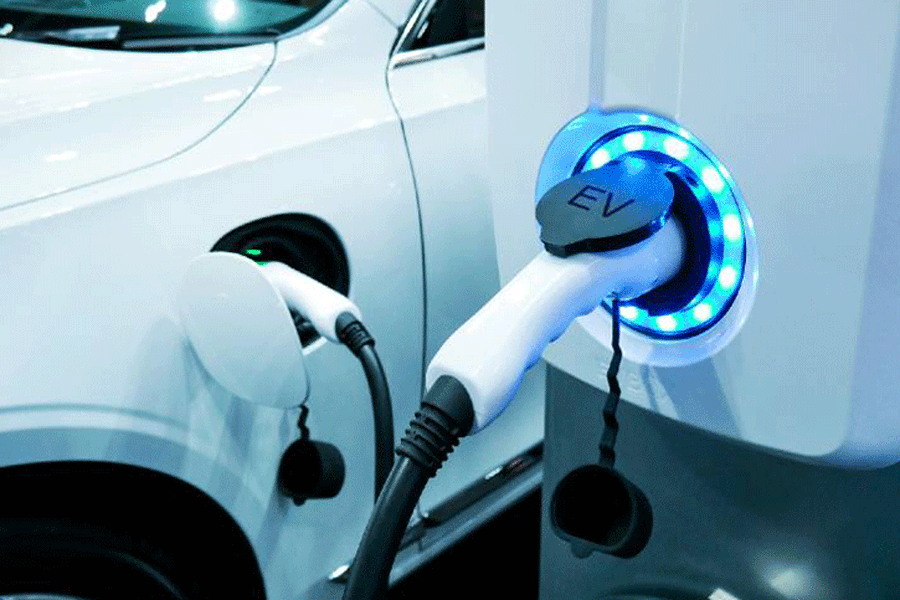Agratas, the Tata group’s global battery business, on Wednesday confirmed that it will build Britain’s biggest electric vehicle battery manufacturing facility in Somerset, south-west England.
The so-called “gigafactory”, announced last year, will be built on the Gravity Smart Campus near Bridgwater in Somerset with a community-first approach, involving locals to learn more about and be a part of the project.
The company said the 40 GWh factory is set to contribute almost half of the projected battery manufacturing capacity required for the UK automotive sector by the early 2030s.
“Our multi-billion-pound investment will bring state-of-the-art technology to Somerset, helping to supercharge Britain’s transition to electric mobility whilst creating thousands of jobs in the process,” said Tom Flack, CEO of Agratas.
“We care deeply about the communities we operate in, so it’s imperative to us that we work with, and listen to, our new neighbours as we build our factory in Somerset. That’s why we’ll be holding an event for local residents soon, so we can share more about our plans and introduce our team to the community,” he said.
Agratas said it will work closely with local and regional partners, including Somerset Council, Bridgwater and Taunton College, and the wider Gravity Smart Campus, to deliver bespoke education and training programmes in the region, creating local jobs for local people.
The factory itself will create up to 4,000 new high-skilled green tech jobs in the area, with thousands more expected to be created in the UK supply chain.
Residents living near the site of the future gigafactory campus are set to receive a leaflet through the post this week followed by regular updates on the site’s progress. Preliminary works on the site are in progress, with piling to establish the factory’s foundations set to start in the coming months. Construction will be completed in phases, with battery production set to begin in 2026.
Tata Group firms Jaguar Land Rover (JLR) and Tata Motors will be Agratas’ first customers and it also plans to create batteries for other applications, including two-wheelers and commercial vehicles, as well as commercial energy storage solutions.










